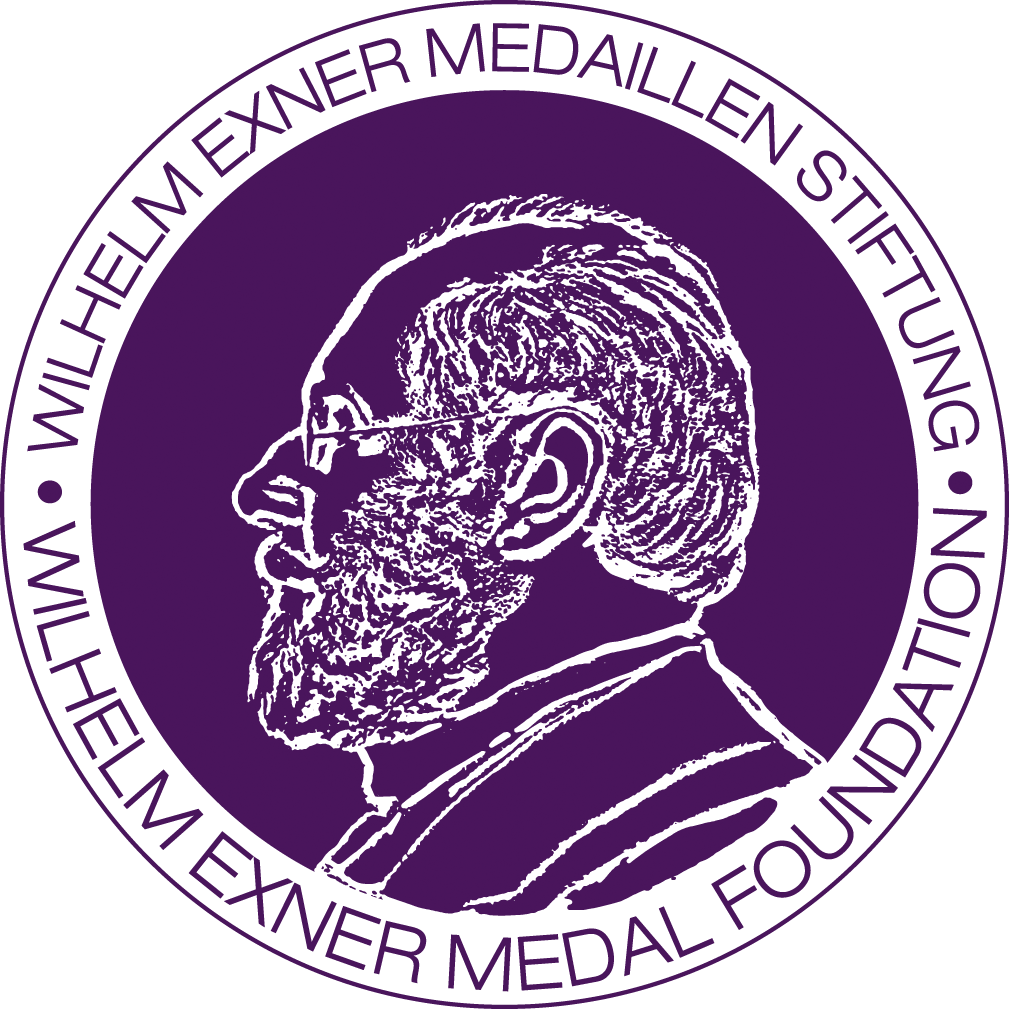
Daimler-Benz without Hans Scherenberg is unimaginable. His name is closely associated with innovations such as ABS, gasoline injection and the five-cylinder engine. In 1935, Scherenberg joined the company as chief engineer. After World War II, he initially worked for the Gutbrod company and developed the first mass-produced passenger car with gasoline direct injection, the Gutbrod Superior. In 1965, Scherenberg became chief engineer at Daimler-Benz, and in 1970 he founded the company’s own research department to investigate questions of exhaust gas purification and passive safety.
Scherenberg received his doctorate from the TH Stuttgart in 1942, and has taught at the University of Leoben, among other places. Between 1982 and 1985, he was president of the Austrian Academy of Sciences. His numerous awards include the Diesel Ring of the Association of Motor Journalists, the Auer von Welsbach Medal, the Golden Peter Tunner Medal, the Grand Federal Cross of Merit and the Werner von Siemens Ring.

